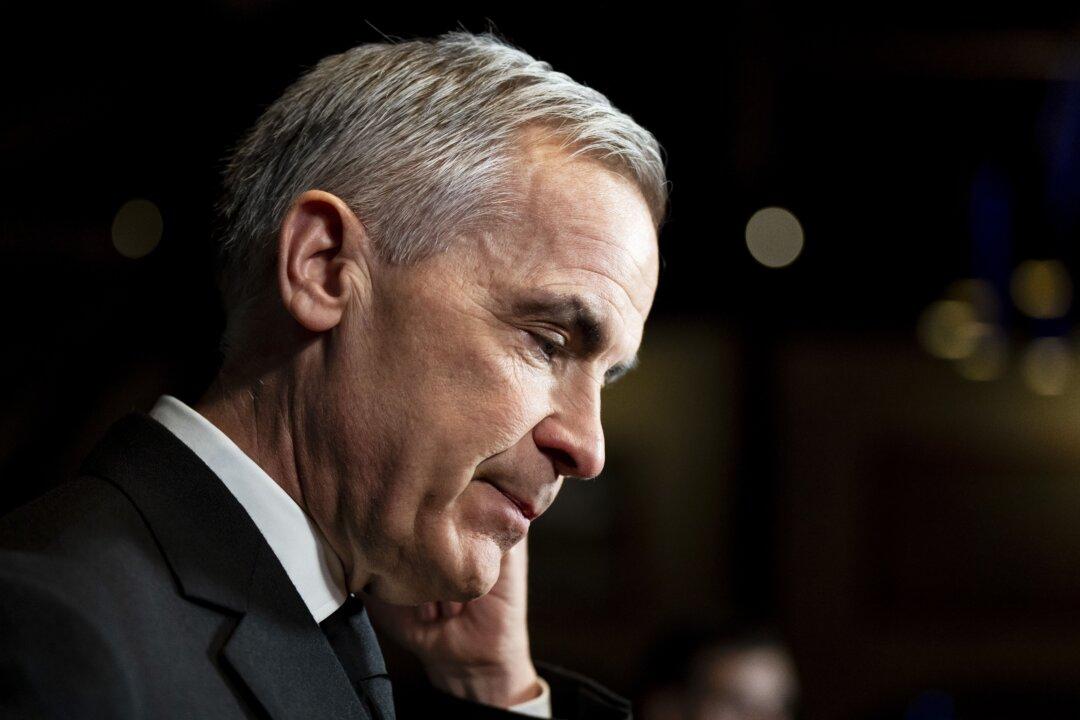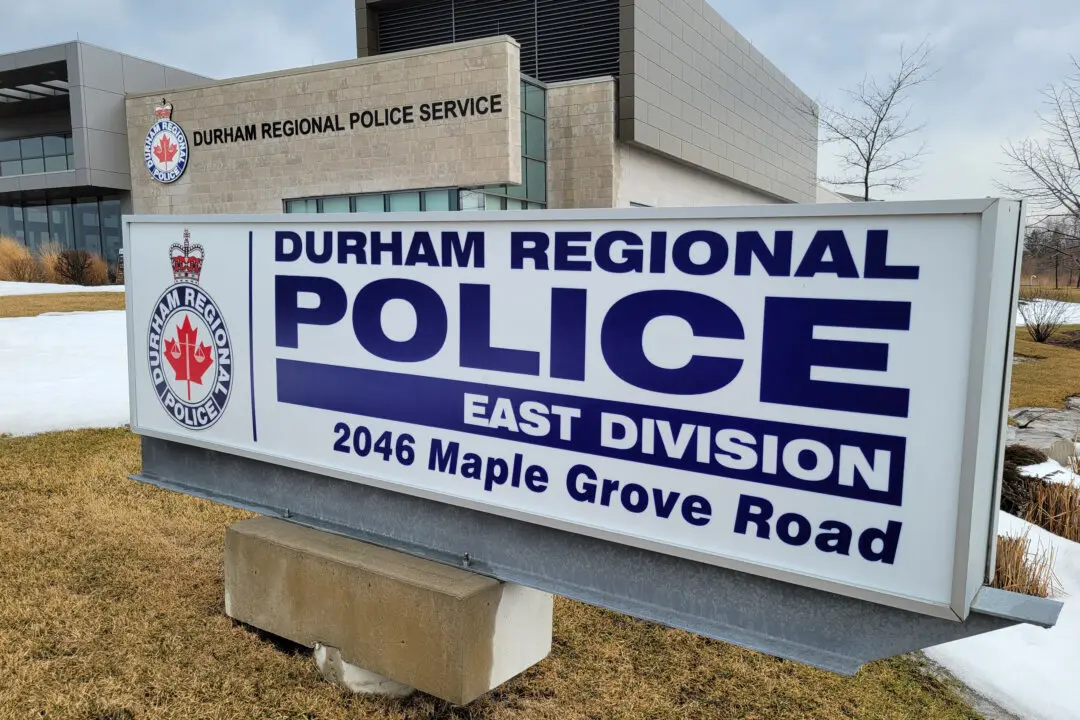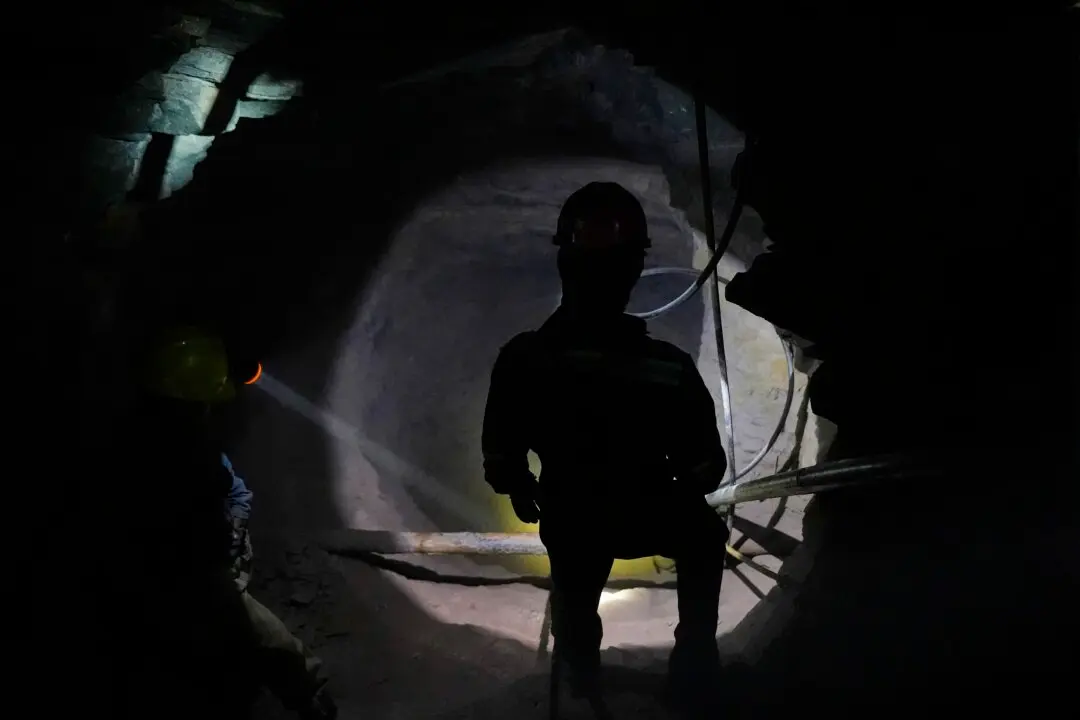The Ontario government will release its fall economic statement Oct. 30, shedding light on the costs associated with several large-scale initiatives, including dealing with gridlock on Toronto-area roads.
Finance Minister Peter Bethlenfalvy described the financial strategy as the “latest step in our plan to rebuild Ontario,” in an Oct. 16 video posted to social media.





